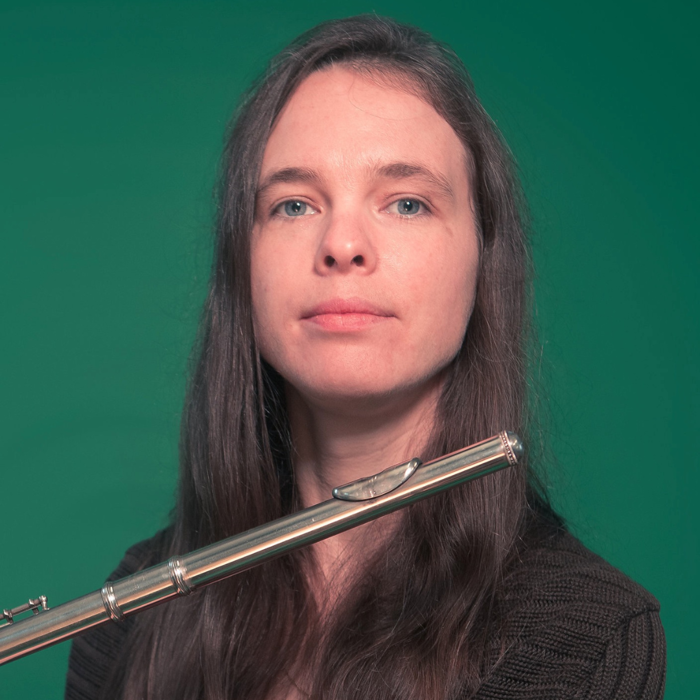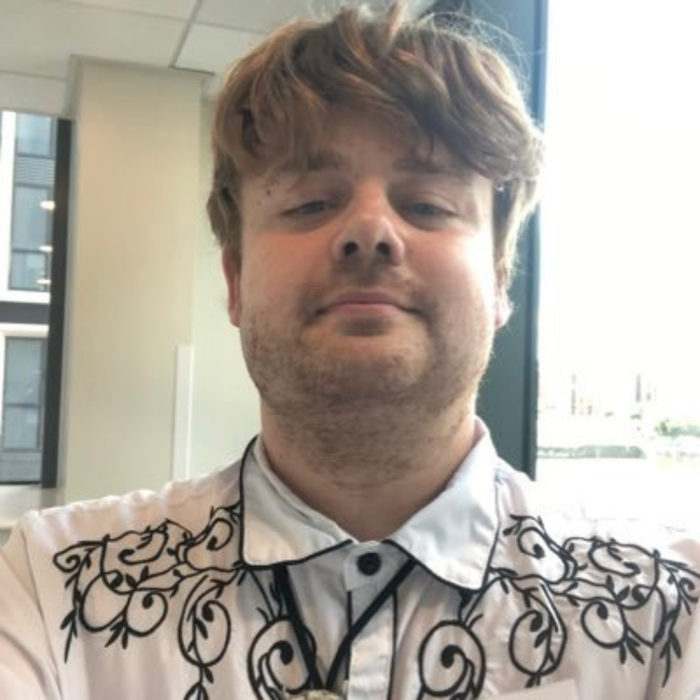Singing Hot And Cool: The Polyvagal Theory And Vocal Pedagogy
Thursday 17th June 2021, 5:00 PM - 7:00 PM (London Time)
The vagus nerve is closely involved with both the larynx and the autonomic nervous system (ANS). The polyvagal theory details the remarkable role of this nerve bundle in the evolution of voice and speech communication, and affirms the power of the voice as an instantaneous transmitter of ANS status, both in daily life communication and between artist and audience. Finally, parallels emerge between the vagus nerve’s contributions to psycho-physiological resilience (the ability to be aroused and calm at the same time) and artists’ descriptions of stage presence. Crosslinks between neurological evidence and the experience of performing arts will support suggestions for vocal pedagogy.
REVIEW OF TERMINOLOGY
- Structures of interest: cranial nerve X (vagus) and its brainstem nucleii
- Functions of interest: autonomic versus sensory-motor
- Autonomic (ANS) components: sympathetic (“hot”) and parasympathetic (“cool”)
THE POLYVAGAL THEORY OF SOCIAL COMMUNICATION
- Characteristics of the vagus nerve in animals and humans
- How “hot and cool” ANS regulation makes speech and singing possible
THE POLYVAGAL VOICE
- Muscle controls in the vagus nerve: larynx and more
- Voice as a carrier of ANS signals, in daily life and performance
THE POLYVAGAL THEORY ONSTAGE
- How performers describe the inner state onstage
- Is “very hot and very cool” the ANS recipe for stage presence?
RECOMMENDATIONS FOR ARTS TEACHERS
- ANS regulation as a pedagogical goal
- The importance of training ensembles
- Suggestions for warm-ups, cool-downs, and performance anxiety
- The well-regulated teacher
Joanna Cazden
Joanna Cazden, MFA, MS-CCC is a speech pathologist specializing in vocal arts rehabilitation, now in private practice after 18 years as senior voice clinician...
Sorry, this is an archived short course...
We have plenty of upcoming short courses coming soon. See details of some of them below or look at the full list of short courses.


Thursday 18th April 2024
5:00 PM - 7:00 PM
(London Time)
Honing the Heart-Brain Connection to Enhance Energy and Optimise Performance

Brenda Belohoubek
The HeartMath® system includes a unique form of biofeedback that focuses on the heart-brain connection through heart rhythm coherence. It has been extensively researched and adopted by over 10,000 health professionals, hospitals, and organisations. This course will adapt these techniques for singers, enabling you to reach a high-performance state and maintain your overall health, allowing for greater creative potential and optimal performance.


Tuesday 23rd April 2024
12:00 PM - 2:00 PM
(London Time)
The Voice in Neurodiversity Affirmative Music Therapy with Autistic People

Hilary Davies
This lecture, delivered from a lived experience perspective, will begin with an explanation of the key concepts around neurodiversity, the neurodiversity paradigm, and some neurodiversity-informed theories within autism research, including a brief exploration of autistic communication and culture.

Thursday 25th April 2024
12:00 PM - 1:00 PM
(London Time)
Queering Country Music: Conceptualising LGBTQIA+ Voices in a Contested Genre

James Barker
This course considers the way songs by LGBTQIA+ artists navigate country music aesthetics and definitions of genre, looking at the voice as a medium for articulating and reworking ideas of authenticity and genre identity. The presentation explores particular songs in depth...
